Filters
Product Categories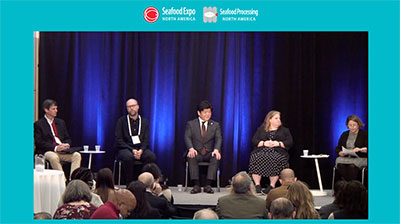
Moderator:
Sally Yozell, Stimson Center
Speakers:
Alexa Cole, NOAA Fisheries
Wakao Hanaoka, Seafood Legacy
Andy Hickman, Seafood Ethics Action (SEA) Alliance
Dr. John Virdin, Director, Duke University
A lack of transparency pervades the seafood supply chain at every level, across both industrial and artisanal fishing, and aquaculture, impeding effective fish stock management and enforcement against illegal, unreported and unregulated (IUU) fishing, as well as fair labor practices. The opaque nature of the seafood supply chain heightens the risk that distant water fleets, small-scale fishers, processors, and fishing companies may engage in IUU fishing and seafood fraud. Consumers want to know that the fish they purchase is not part of illicit activities, labor abuses or undermining seafood sustainability. Recognizing that transparency must be broadly adopted throughout the seafood supply chain at all levels, there has been growing engagement by a wide set of international stakeholders. This panel will explore changes in the market expectations and the latest efforts to expand seafood transparency by civil society, industry, and government. It will also highlight new findings and recommendations from a forthcoming comparative study of transparency initiatives adopted in non-seafood sectors that can offer valuable lessons to increase the reach and effectiveness of seafood transparency initiatives. To combat IUU fishing and gain a greater understanding of the seafood industry’s impact on fisheries sustainability, labor practices, and the economic security of coastal states, there is a growing demand for publicly available information about fishing industry practices and operations.

A LEAP FORWARD FOR TRACEABILITY - An Introduction to the Global Dialogue on Seafood Traceability and How Voluntary GDST Standards Will Affect the Industry
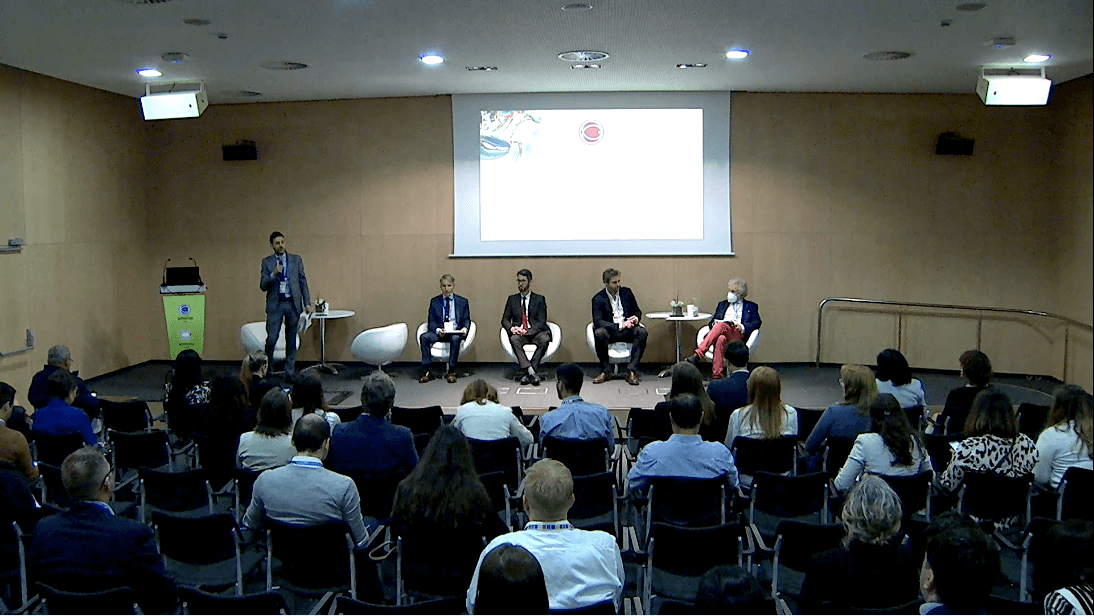
Speakers:
Alessandro Pititto
Audun Lem
Roberto Carlos Alonso Baptista De Sousa
Esben Sverdrup-Jensen
Christophe Vande Weyer
COVID-19 has posed many a challenge to the seafood sector, but it has also opened new opportunities. Two years into the pandemic, it is high time to focus on new business opportunities, emerging markets, changes in consumer behavior and new factors to penetrate the markets. The workshop will see policy makers and business professionals discuss the future of the seafood sector in the post-COVID-19 world.

Seafood2030 Speaker Series: Precompetitive Agreements and Transformation Pathways in Seafood
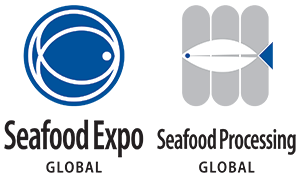
Access all available Seafood Expo Global 2023 conference session videos.

New, 1-Year Master’s in Ocean Food Systems from UNE

Seafood sustainability today is not what it was 20 years ago, or even what it was last week.
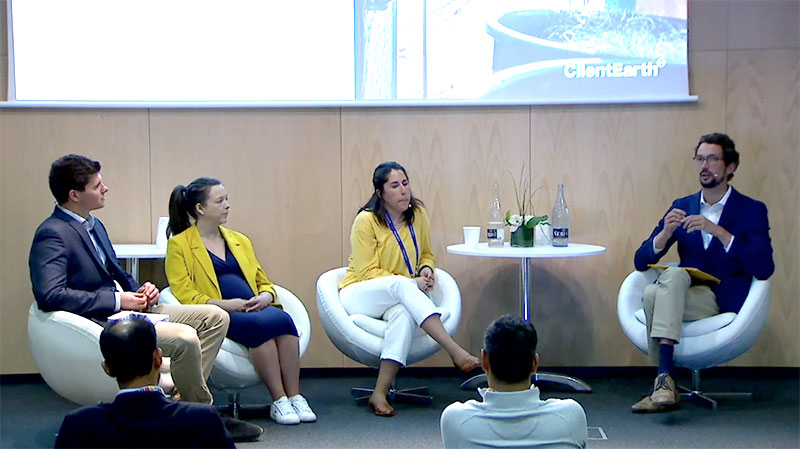
Precompetitive collaboration in the seafood industry has been at the forefront of transformative change towards improved seafood sustainability in supply chains internationally. For the past 10 years, collaborative industry platforms have multiplied in various markets around the world. These initiatives span various geographies and cover a range of topics. Some focus on a country whilst some aim to address transversal sustainability challenges faced by the sector. Over the years, these platforms have accumulated invaluable experience. We know today that there is no one size fits all solution, and that there are incredible differences between different seafood markets which justify the need for different approaches and modus operandi of these initiatives. This year, the Sustainable Seafood Coalition (https://www.sustainableseafoodcoalition.org/) is looking back at 10 years of collaboration in the UK seafood industry, an excellent milestone to reflect on the journey and the main successes and challenges along the way. As believers that buyers have a significant role to play in improving the fishery (or aquaculture activity) they source from, our session aims at providing a space to reflect on achievements of the SSC after 10 years and together with upcoming opportunities, and compare with similar initiatives in another geography, including the “Plataforma por la Sostenibilidad Pesquera” (https://www.es.clientearth.org/que-es-la-plataforma-por-la-sostenibilidad-pesquera/) a precompetitite platform in Spain. Taking into account the post-Covid economic and political context together with the context of a once in a generation European Green Deal to make our economy more sustainable, the participants will reflect on future opportunities to step up commitments and international collaboration further to strengthen the seafood sustainability agenda.

Eliminating Forced Labor in U.S. Supply Chains
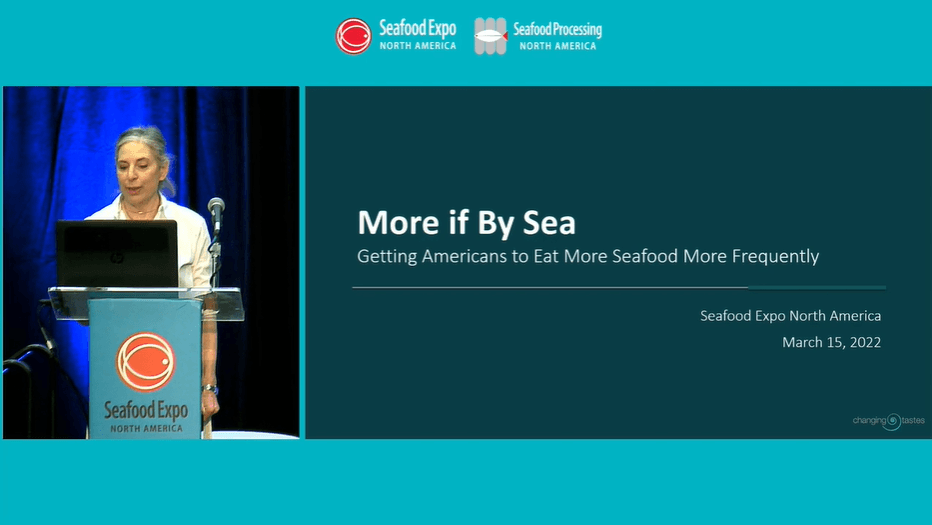
Moderator: Arlin Wasserman, Changing Tastes
Speakers: RJ Harvey, Chef, Changing Tastes
Penelope Wasserman, Changing Tastes
Wild or farmed? Fresh or frozen? Contrary to the conventional wisdom, these perennial questions actually remain unanswered by American consumers and aren’t even the most important for our industry. That may be: Fish or Chicken? Or really, what should I eat? This session will feature results from an unprecedented new insights study into consumer, chef and purchasing manager opinions about fish and seafood and how they fit into American food choices. More importantly than the "wild" or "farmed" questions, how fish and seafood is harvested and handled may make the difference about whether fish and seafood is offered up and whether a consumer eats fish, seafood or maybe chooses something else entirely, like beef or chicken. That’s an important question as the American consumer is undergoing a substantial change in the types of protein we eat, and the next few years pose a unique time to fish and shellfish to win market share from birds and mammals. We'll explore that and also share some of Changing Tastes' latest insights and trends about how consumers think about protein choices in the US and on the menu, as seafood competes against poultry and meat, and how newly emerging cellular and plant-based manufactured alternatives fit into our preferences and intentions. One thing to know: attitudes and preferences vary by species, including whether cellular or plant-based replacements are of interest. And we’ll also look at how consumer thoughts and expectations about how fish is produced compared to other protein choices. Through this session, we hope to break the industry out of the "wild or farmed" paradigm and offer practical advice for how to increase the share of food from the ocean in the American diet and get us eating fish and seafood more often and instead of chicken (again).





